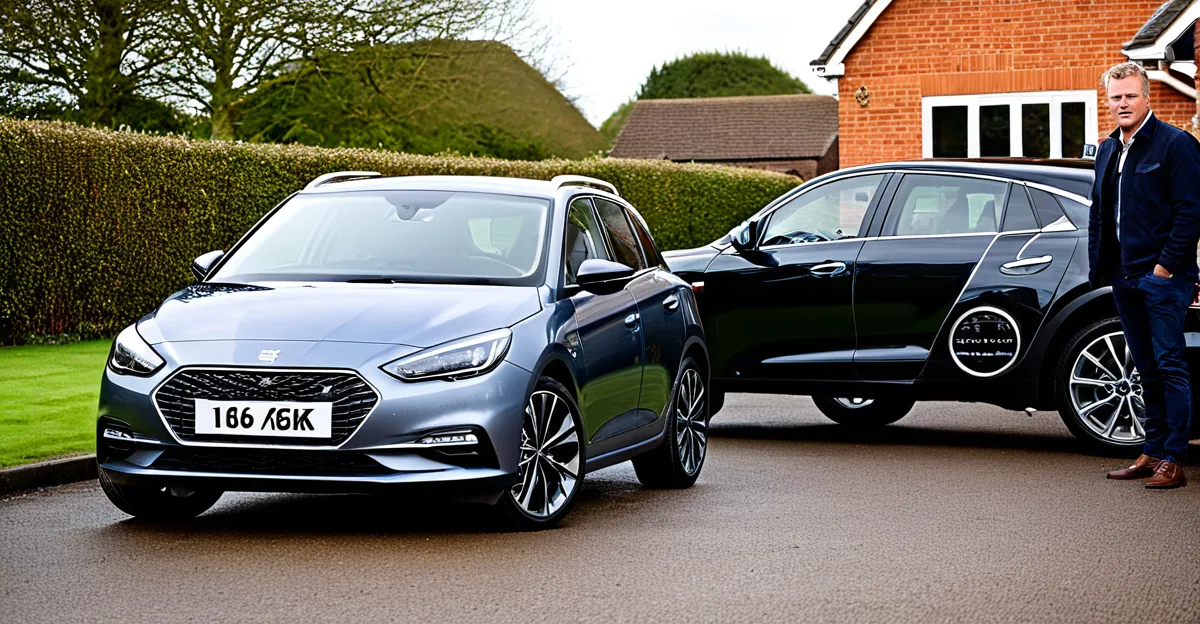Primary factors shaping UK automotive consumer preferences
Understanding UK automotive consumer preferences requires examining key forces that influence car buying habits today. Among these, price sensitivity remains paramount. Many buyers prioritize affordability, balancing the initial cost with long-term expenses such as fuel and maintenance. For example, vehicles offering fuel efficiency often gain favor due to reduced running costs, especially amid fluctuating fuel prices.
Technological advancements play a crucial role as well. Consumers increasingly seek cutting-edge features like advanced driver assistance and seamless smartphone integration. These innovations not only improve driving experience but also add perceived value, impacting decisions about which brand or model to choose.
Also read : What advancements in safety technology are being implemented by UK car manufacturers?
Current car market trends UK reveal a notable shift toward electric vehicles (EVs), with sales of EVs soaring, driven by environmental concerns and evolving government incentives. Surveys indicate a growing segment of buyers now regard sustainability as a decisive factor, reflecting a broader trend toward eco-conscious ownership.
Expert analyses underscore that these factors—price, efficiency, and technology—interact dynamically, shaping preferences in a competitive market where consumer expectations continue to evolve rapidly. Understanding these elements is essential for anyone navigating the UK’s complex automotive landscape.
Additional reading : What are the latest AI advancements in UK automotive safety?
The impact of price and value-for-money perception
Price remains a decisive factor in car price UK considerations, strongly influencing UK automotive consumer preferences. Buyers often weigh the upfront cost alongside flexible financing options, searching for deals that fit budgets without compromising quality. This evaluation extends beyond purchase price to the cost of ownership, which includes insurance, maintenance, and depreciation.
Research shows that consumers increasingly assess car value for money through a long-term lens. For example, a car with a slightly higher initial price but lower maintenance costs may be more appealing than a cheaper alternative with costly repairs or faster depreciation. Manufacturer incentives, such as cash-back deals or low-interest financing, also enhance perceived value and are critical in nudging buyers toward specific models.
Moreover, dealership offers and warranty packages contribute to overall satisfaction by reducing potential risks and ongoing expenses. These monetary factors are central to factors driving UK car buying decisions, emphasizing practicality and financial security. Understanding this balance helps explain why certain segments dominate the market and provides insight into evolving consumer priorities within the car market trends UK landscape.
Environmental concerns and the rise of electric vehicles
Environmental impact has become a pivotal factor in UK automotive consumer preferences, significantly influencing the shift toward electric vehicles UK. Consumers now prioritize sustainable cars UK not only for their lower emissions but also due to heightened awareness of climate change and government policies promoting greener alternatives. Surveys reveal a notable increase in buyers considering electric vehicles UK as their next purchase, reflecting a broader acceptance of sustainability as a core value.
The surge in interest for electric and hybrid models in the UK is supported by attractive incentives. Government grants reduce the initial cost, while tax benefits and expanding EV infrastructure—such as widespread charging networks—ease practical concerns about vehicle range. These factors collectively mitigate traditional barriers like price and charging availability, making sustainable cars UK a more feasible option.
Moreover, evolving car market trends UK indicate that these incentives and growing environmental consciousness will continue to shape buyer preferences. With manufacturers ramping up electric model offerings, consumers expect enhanced performance without compromising eco-friendly benefits. This trend underscores how environmental concerns now stand alongside price and technology as fundamental drivers in UK car buying decisions.
Brand reputation and technological innovation
Brand reputation plays a pivotal role in UK automotive consumer preferences by shaping trust and influencing loyalty. Well-established brands often benefit from proven reliability and a strong service network, which reassures buyers concerned about long-term ownership. Conversely, emerging brands that emphasize cutting-edge features can attract tech-savvy consumers seeking the latest innovations.
Within factors driving UK car buying, technological advancements are increasingly decisive. Buyers prioritize automotive technology UK such as advanced driver assistance systems (ADAS), seamless smartphone integration, and intuitive infotainment. These features enhance convenience and safety, directly impacting consumer satisfaction. For instance, adaptive cruise control and lane-keeping assist are now common expectations rather than luxuries.
Consumer focus on after-sales service and reliability ratings reinforces brand reputation. High scores in these areas promote confidence, reducing perceived risks associated with new technology adoption. Consequently, manufacturers invest heavily in both technological upgrades and customer support.
In terms of car brand reputation, combining robust warranty packages with innovative in-car features often tips purchasing decisions. This synergy reflects a growing trend where brand perception and tech sophistication merge, guiding evolving car market trends UK toward smarter, safer vehicles valued by discerning buyers.









